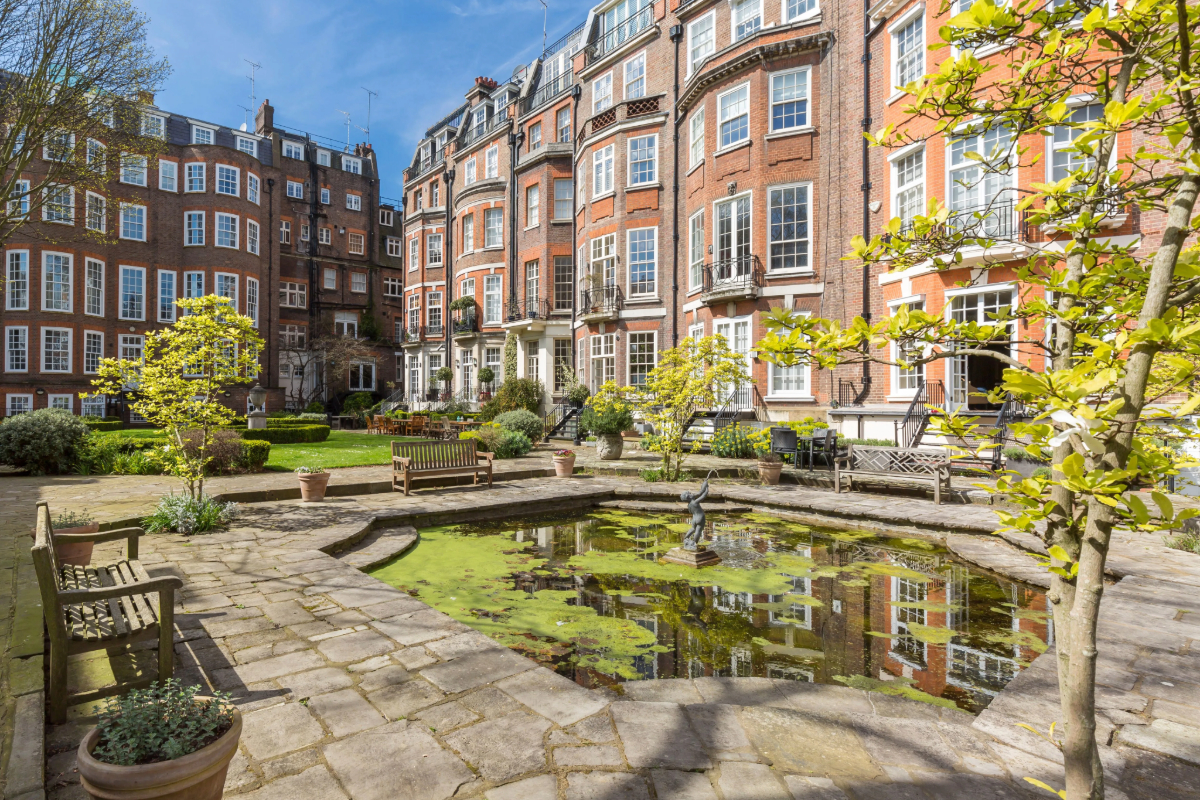Will the world’s super wealthy still buy in London?
The abolition of non-dom status and stamp duty on second homes may sound like bad news for super-prime property, but the reality is more nuanced, says Trevor Kearney The delivery of Rachel Reeves’ first Budget marks a significant shift in the UK’s fiscal landscape, especially for London’s super-prime property market. While headlines focus on the [...]


The abolition of non-dom status and stamp duty on second homes may sound like bad news for super-prime property, but the reality is more nuanced, says Trevor Kearney
The delivery of Rachel Reeves’ first Budget marks a significant shift in the UK’s fiscal landscape, especially for London’s super-prime property market. While headlines focus on the abolition of non-dom status and increased surcharges on second homes, the reality for the super prime property sector is more nuanced than initial reactions might indicate.
As someone who specialises in £10m+ properties and works daily with international buyers, I can say with confidence that while these changes will create some short-term turbulence, London’s position as a global real estate hub remains strongly intact.
London’s position as a global real estate hub remains strongly intact
However, let’s discuss the elephant in the room: the abolition of non-dom status.
Yes, this will cause some immediate ripples through the market. We’re already noticing wealthy individuals exploring alternatives in places like Milan, Dubai, and Singapore. However, it would be a mistake to perceive this as a permanent exodus from the UK market.
What many commentators miss is that London’s attraction to the global elite has never been solely about tax efficiency. The capital has major attractions – world-class education, a great culture, and time zone advantages – all which remain unchanged. In fact, education is proving to be a particularly strong attraction. Even with the new VAT on private school fees, the UK’s education system remains a strong draw for families. Many of our clients prioritise proximity to top schools over tax implications.
The increase in the stamp duty land surcharge for second homes from three per cent to five per cent is another headline-grabbing measure. While this additional cost will definitely be taken into account when making investment decisions, we need to put this in perspective. For buyers in the super-prime market, where properties regularly trade above £10m, the determining factors are often strategic rather than purely financial. These buyers are typically looking at decade-long investment opportunities, where short-term tax changes are just one consideration among many.
The £5bn housing investment package announced is of particular interest. While aimed at broader market housing delivery, this kind of infrastructure investment in fact supports prime market values by enhancing the overall quality of London’s built environment.
The £1bn commitment to removing dangerous cladding will also help preserve confidence in the luxury apartment market, especially in prime new-build developments.
London is one of the world’s most powerful cities
However, the government needs to be careful. While these tax measures may not be catastrophic to London’s appeal, there is still a risk. The combined effect of higher capital gains tax rates (now up to 24 per cent), frozen inheritance tax thresholds, and the non-dom changes could begin to weigh more heavily on international investors’ minds. The Treasury needs to understand that while these measures might be politically popular, they risk cutting out the untra-high net worth individuals that have helped make London one of the world’s most powerful cities.
Looking ahead, I see three key trends emerging:
Firstly, we’re likely to see more structured ownership arrangements. International buyers won’t stop buying in London, but they will be more calculated about how they hold these assets. This might actually benefit the professional end of the market as sophisticated buyers look for expert insights.
Secondly, Trump’s election victory this week, has already begun influencing market dynamics, with the dollar expected to strengthen on the news and analysts predicting potential delays to US interest rate cuts. Ultimately, with treasury yields and stock futures rising, the concensus is that Trump policies will be inflationary.
While it’s too early to see direct impact on buyer behavior, there are likely to be big changes in the New Year. Our previous experience with US investment flows suggests we may see increased interest from American, especially North American ultra-high-net-worth individuals in London’s prime property market as they assess the implications of this political shift.
Sentiment is a big driver when it comes to the property market and London will always emerge as a safe hub. In fact, an influx of American buying homes in London, could move prices up and boost momentum in the market.
Trevor Kearney is founder of The Private Office: Real Estate



